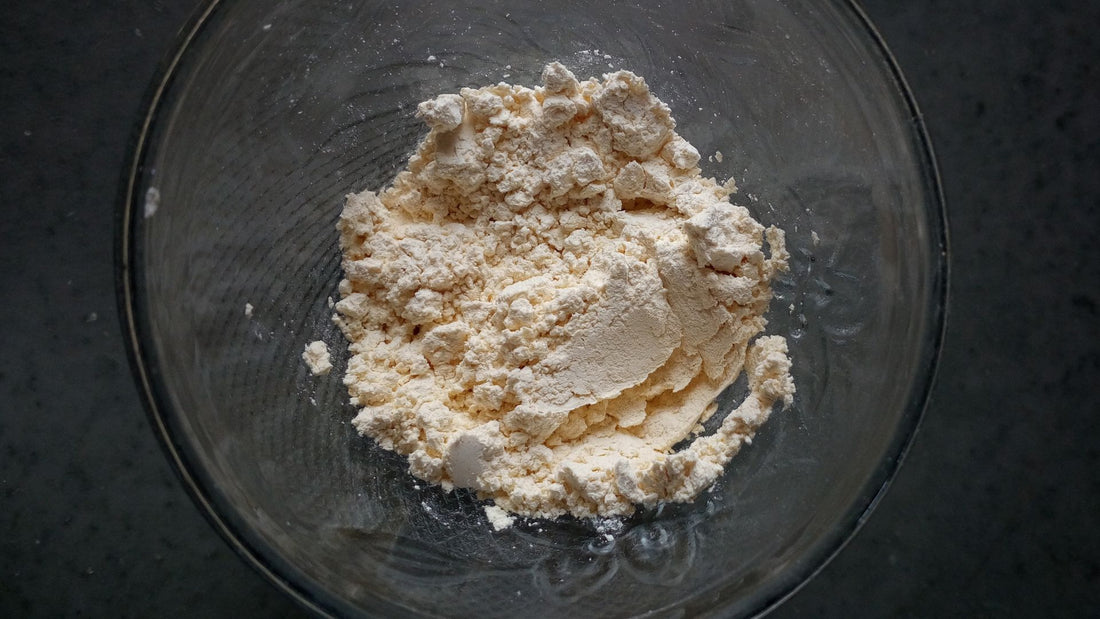Whole wheat has been a dietary staple for centuries, and for good reason. It's not only delicious and versatile but also packed with nutrients that offer a wide range of health benefits. If you haven't yet made the switch from refined grains to whole wheat, here are some compelling reasons why you should consider incorporating more whole wheat into your diet.
1. Nutrient Powerhouse
Whole wheat is rich in essential nutrients, including B vitamins (like thiamine, riboflavin, niacin, and folate), minerals (such as iron, magnesium, zinc, and manganese), and antioxidants. These nutrients are crucial for maintaining overall health and supporting bodily functions.
2. High in Dietary Fiber
One of the standout features of whole wheat is its high fiber content. Dietary fiber is vital for digestive health, as it helps to maintain bowel regularity and prevent constipation. It also promotes a feeling of fullness, which can help control overeating and support weight management.
3. Heart Health
Incorporating whole wheat into your diet can have a positive impact on your heart health. The fiber, antioxidants, and healthy fats found in whole wheat can help lower cholesterol levels and regulate blood pressure, reducing the risk of heart disease.
4. Blood Sugar Control
Whole wheat has a lower glycemic index compared to refined grains, which means it causes a slower and more gradual increase in blood sugar levels. This can be particularly beneficial for individuals with diabetes or those at risk of developing type 2 diabetes.
5. Weight Management
The high fiber content in whole wheat can aid in weight management by promoting satiety and reducing overall calorie intake. Eating whole wheat can help you feel full longer, making it easier to maintain a healthy weight.
6. Digestive Health
Whole wheat acts as a prebiotic, feeding the beneficial bacteria in your gut. A healthy gut microbiome is essential for proper digestion, nutrient absorption, and a robust immune system.
7. Anti-Inflammatory Properties
Whole wheat contains antioxidants and phytonutrients that have anti-inflammatory effects. Regular consumption of whole wheat can help reduce chronic inflammation, which is linked to various chronic diseases, including heart disease and cancer.
8. Skin Health
The vitamins and minerals found in whole wheat, particularly vitamin E and zinc, contribute to healthy skin. These nutrients help repair skin tissue, protect against damage, and maintain skin elasticity and hydration.
9. Sustained Energy Levels
Whole wheat is a good source of complex carbohydrates, providing sustained energy throughout the day. Unlike simple carbs that can lead to energy spikes and crashes, whole wheat offers a steady supply of energy, helping to prevent fatigue.
10. Brain Health
B vitamins, especially folate and niacin, found in whole wheat are essential for brain health. They play a role in mood regulation and cognitive function, potentially reducing the risk of depression and cognitive decline.
Conclusion
Incorporating whole wheat into your diet is a simple yet effective way to boost your overall health. Whether you're looking to improve your digestive health, manage your weight, support heart health, or simply enjoy a nutritious and delicious food, whole wheat has something to offer. Make the switch today and start reaping the benefits of this wholesome grain.

